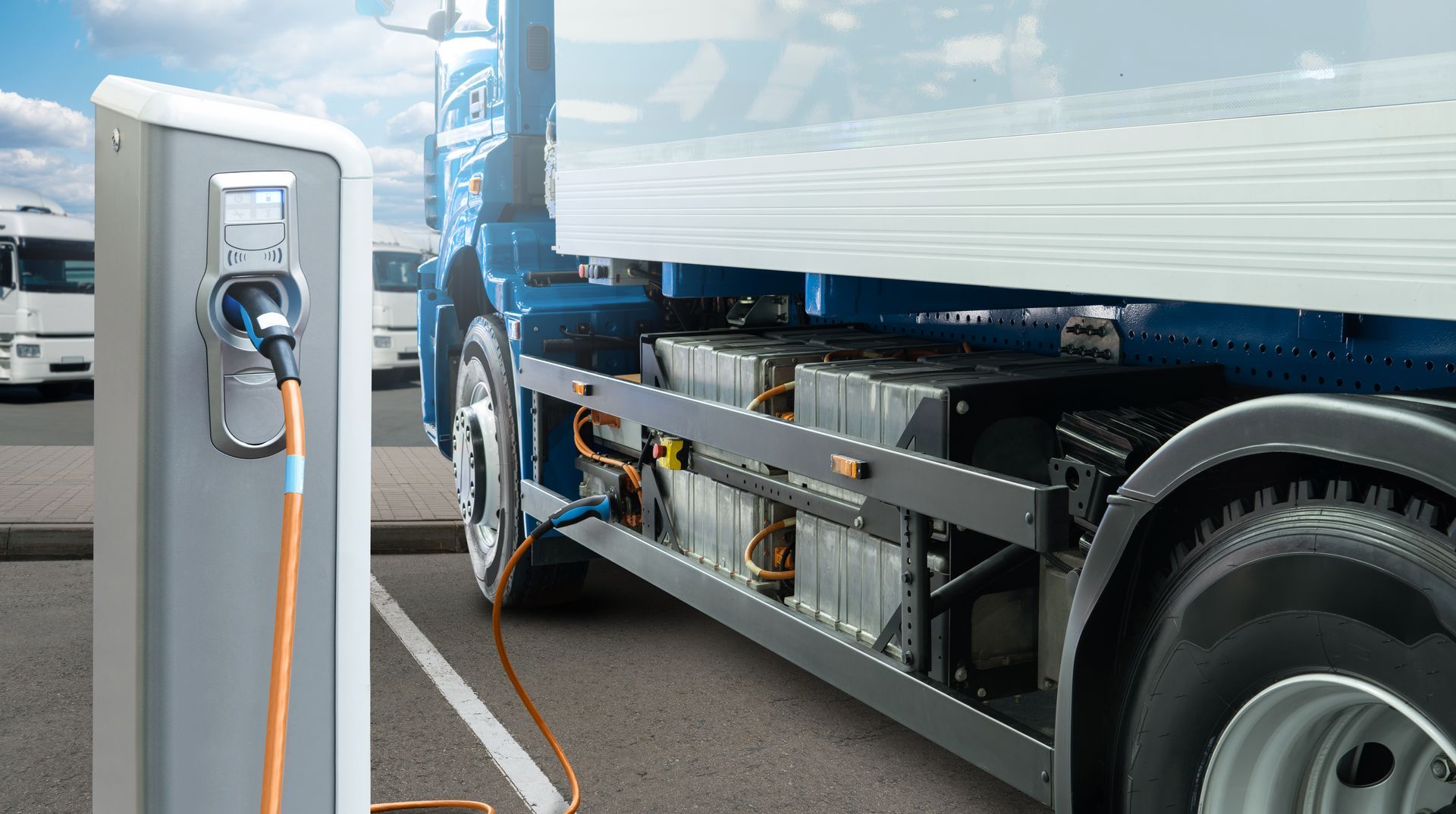Blog Layout
The New Deta
Things are changing though and we thought it was about time to give ourselves a bit of a spruce up to reflect the DETA of now, and the future.
We’ve been fairly quiet for the last year or so, just getting things done for our clients. That’s what happens when you’re a small team I suppose. Things are changing though and we thought it was about time to give ourselves a bit of a spruce up to reflect the DETA of now, and the future.
For a start, we’re growing. From one FTE two years ago and three people this time in 2014, we’re now a team of 8 engineers and project managers… not all in the photo below, but they’re elsewhere on the website!!). We’ve also moved into a new office – we’d have been fairly uncomfortable in our old apartment – in Lincoln Rd, which has been awesome. Feel free to pop in for a coffee or, if you’re from out of town and need a desk to work from, give us a call.
You may have also noticed the new green superhero guy around the website. He wasn’t our idea really (thanks Studio Publica for the great website and ideas) but we reckon he’s a pretty good reflection of our overall goal – to be the best optimisation and efficiency business in the land.
So now that you know where we are, give us a call or pop in whenever you’d like. We’d be keen to have a chat about how we can help you achieve your business optimisation goals.

02 Apr, 2024
In today's evolving business landscape, the term "lean manufacturing" is commonplace. It is a pivotal concept celebrated for driving organisational success. A business model that prioritises activities customers are willing to pay for, while considering everything else as waste. Defined by its focus on managing and reducing waste, lean manufacturing seems, at least on paper, to address sustainability goals , but is lean enough? What is lean manufacturing? Emerging from the post-war 1950s through the Toyota Production System (TPS), lean manufacturing is built upon the concept of continuous and incremental improvements in both product and process. Its primary objectives are to reduce production time, improve responsiveness from suppliers and to customers, enhance product quality, and boost efficiency. This is achieved by eliminating, simplifying, reducing, or integrating activities that do not add value to the business, i.e. effectively managing and minimising waste. Toyota identified 7 types of waste (Muda) in a business: Over production: producing products before a confirmed order. Unnecessary waiting: inactive work periods leading to lengthened cycle time which reduces agility and responsiveness. Unnecessary transportation: unnecessary movement of people and goods inside the system. Overprocessing: processes that are more complex than required or making parts beyond the standard expected by the customer. Unnecessary inventory: an excess of raw materials, work-in-process elements or finished products. Unnecessary motion: inefficient layout or automating processes before improving the method. Too many avoidable defects: poor quality output that needs correction.




